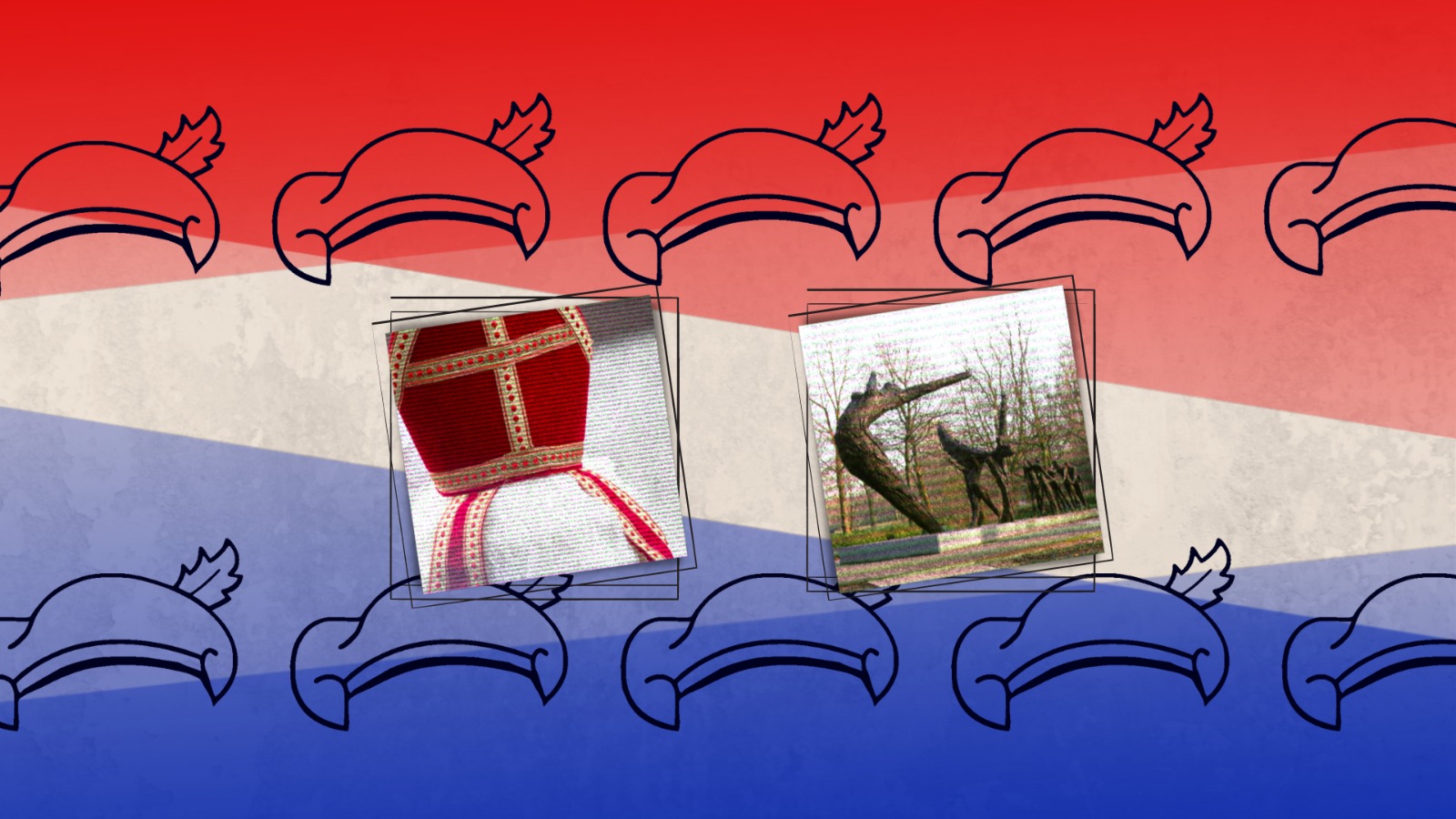The Netherlands engaged in the colonial slave trade for almost 200 years, with Amsterdam being the financial epicentre for this business. Much of the financial wealth and prosperity the Netherlands enjoyed during the Dutch golden age (and continues to enjoy now) stems from colonial exploitation. Slavery was formally abolished on July 1, 1863 (although informally, there was a 10-year transferal period in Suriname) with slave owners being paid financial compensation. There is nothing novel about this, many countries actively engaged in slavery and played key roles in sustaining it. However, much is to be said about the countries that are able to make reparations but refuse to recognise the importance of such things. I believe the Netherlands have taken the first step with a recent announcement that the Netherlands would be issuing a formal apology for their role in slavery, and setting up a 200 million euro fund to educate people about it. It’s commendable, but it’s just the first step.
It is practically incontestable that there is a lack of common awareness and education about the Netherlands’ role in slavery (that’s why the fund was set up). You can see traces of this in current discourses about figures like Zwarte Piet. According to National Geographic, there is a possibility of this character of Santa’s (or Sinterklaas’) helper being inspired by an actual slave, or at least imagery of slaves that would often be sent as ‘gifts’ between the wealthy. What cannot be denied is its uncanny resemblance to American minstrel shows (which engaged in a practice that is currently referred to as blackface) that ridiculed and made caricatures of black people. This persistence of sticking to tradition despite possible harmful implications reflects a lot on the ignorance and lack of awareness of Dutch history.
Undoubtedly, discrimination and racism will exist in societies with a slave-trade past in a much more pronounced fashion. They will continue to exist in street names, monuments, and in traditions. What can’t be undone can’t be changed, but what can be changed is what is happening now. Almost 20% of people residing in The Hague have descended from people who have suffered as a result of colonialism and slavery. This is history affecting the now, and these people may face structural disadvantages in society. Policies should reflect an awareness of this history that does not just merely address it, but rather actively engage in it and try to use it to try to make reparations with an understanding that history is inextricably linked to the present.
This is not a plea to erase history. I don’t believe in that, I believe in the awareness and lack of glorification of history; especially when it is so bleak. Nationalism and civic pride can and should co-exist with an ability to reflect. That’s all. Commemorating the past cannot simply be done by just placing a statue in Oosterpark, an area in Amsterdam that is quite far from the city centre. At this stage, it should be reflected centrally in policies (where things can actually have an influence on a societal level). This sense of responsibility is not just limited to the Netherlands, it also applies to other countries involved in such acts who are able to make reparations.
Some countries like Germany have taken immense measures to make reparations for their Nazi past (the efficacy is contested, but it is the action that counts), up to the point where their history has become part of public memory. This requires a considerable amount of effort, one which I hope the Netherlands will start to undergo. As apologies are given out in The Netherlands after long silences and awareness campaigns are being set up, it’s really time to listen and reflect on why figures like Zwarte Piet can continue to be publicly celebrated despite public outcry due to peripheral historical implications.
Written by: Mayra Nassef
Editor: Nimrat Kaur
Visuals: Monique van Daalen


